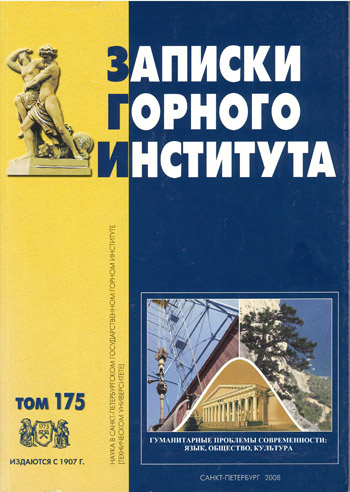Intercultural competence as an integral component of linguistic personality in the context of teaching professionally-oriented communication at mining and geological-exploration faculties
About authors
- 1 — G.V. Plekhanov Saint Petersburg Mining Institute
- 2 — G.V. Plekhanov Saint Petersburg Mining Institute
Abstract
The paper deals with the development of intercultural competence in teaching ESP and gives reasons why this kind of competence is important for students having practical training abroad. The characteristic features of students’ professional communication situations typical of practical training abroad are defined.
Область исследования:
(Archived) Methods and pedagogy
Similar articles
Newest technologies and professional and personal development of students within the ESP course
2008 L. E. Alekseeva
Innovative technologies in the practice of teaching Russian as a foreign language at a technical university
2008 L. A. Priima
